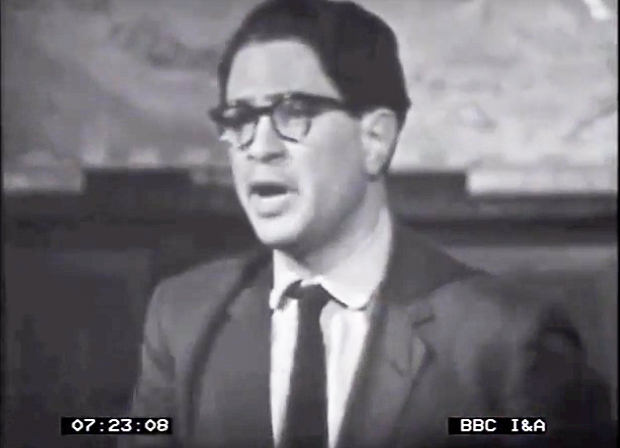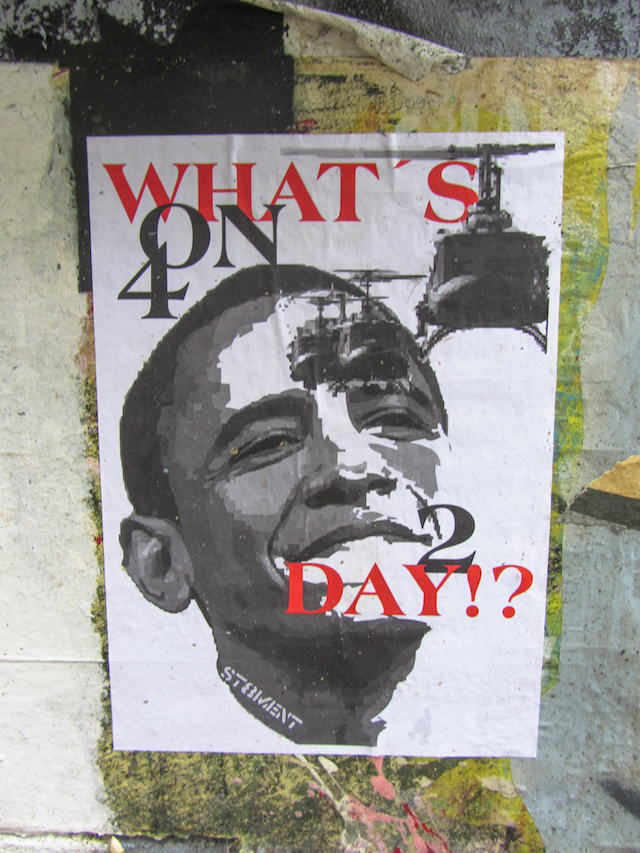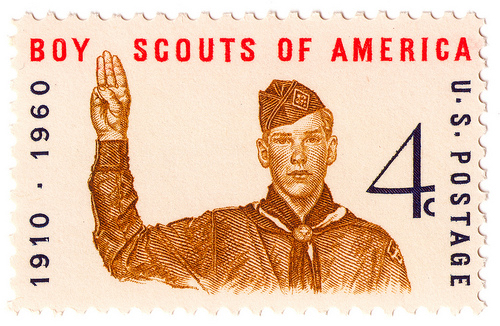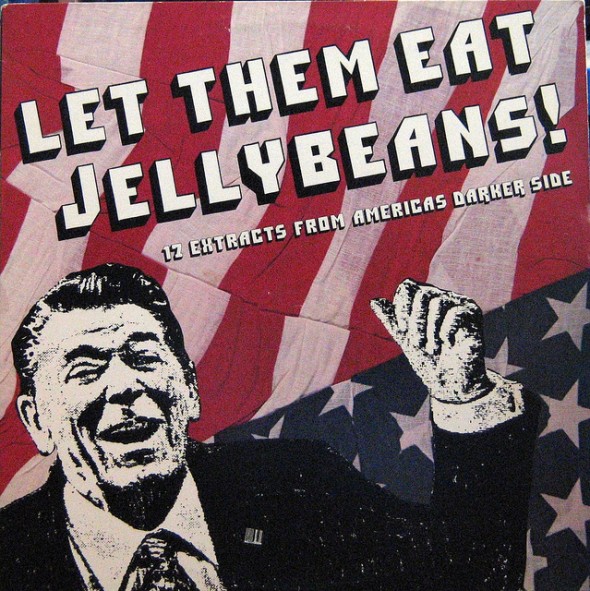Cambridge historian Richard J. Evans is the most eminent scholar of the Third Reich and the Holocaust writing in the English language today. He has to his credit numerous notable books, including works on the social and political history of Germany in the 19th and 20th centuries, significant contributions to the study of the historiography of modern Germany. Evans’ magisterial three volume history of Nazi Germany will be the state of the art for decades to come. (More…)
Books
The essays in Class War Conservatism have been judiciously selected. The first section begins with Miliband’s 1965 essay “Marx and the State” which provides an important preliminary for Miliband’s response to Nico Poulantzas’s review of The State in Capitalist Society (1969), along with Miliband’s critical pieces on Poulantzas’s Pouvoir politique et classes sociales (1968). (More…)
These days the name Miliband is most associated in the popular mind with the young wonks currently overseeing the bumbling demise of the British Labour Party. But there was a time not so long ago that Miliband was a name to conjure with. Ralph Miliband was one the leading lights of postwar British Marxism. (More…)
In a recently released open letter, a group of scholars and venture capitalists described the digital revolution as, “the best economic news on the planet.” This is the sort of thing likely to elicit hosannas from those whose situations in finance and academia have positioned them to reap the benefits of this revolution. (More…)
Of all the pricks against which the philosophically-minded person must kick, few are as galling as the persistent tendency of booksellers to shelve the works of Ayn Rand in their ever-dwindling philosophy sections. It’s bad enough that the works of Aristotle and Plato must compete for shelf space with titles like The Simpsons and Philosophy and the works of Bernard-Henri Lévy. (More…)
Mega media-scholar Robert McChesney has been accused, with some justice, of being an over-producer. His histories of American media going back to the founding of the Republic pretty much set the tone for that area of scholarship in Communications, sending him around the country and sometimes around the planet with severe critiques and dire warnings. (More…)
At a symposium sponsored by NASA in 1993, science fiction writer Vernor Vinge postulated that within thirty years, we would create a sentient artificial entity with superhuman intelligence. “Shortly after, the human era will be ended,” he concluded. This event, which he termed “the singularity” would change the balance of power on this planet, as humans would not be the smartest beings in the world. (More…)
The most important trend in recent historiography of the Cold War has been an expansion in interest in subjects outside tthe politico-military, and the economic. Twenty years ago, when Heide Fehrenbach published Cinema in Democratizing Germany, the perception that cultural issues were secondary was still widespread among scholars (particularly historians) of the postwar era. (More…)
Sometimes, you can’t tell how much a book has moved you until many years after you first encounter it. This past October, I took a trip Flagstaff, a town I’d somehow managed not to visit in fourteen years of living in Arizona. After a mostly sleepless night of coughing, I forced myself to drive north towards the Grand Canyon. That’s when I remembered Tony Hillerman. (More…)
When attempting to assess the work of the Slovenian philosopher Slavoj Žižek, one is tempted to do as Richard Bernstein did in a piece about Habermas in the 1980s and write two columns: one showing what a sympathetic, the other what an unsympathetic critic would say. (More…)
There’s a point in Don Letts’ Clash documentary Westway to the World where bassist Paul Simonon talks about the uncertainty that they all felt about their status after they’d signed their first record contract with CBS Records (for £100,000) in January 1977. (More…)
The drone war, as it has been fought to this point, has featured an effective interweaving of military and ideological considerations. Grégoire Chamayou’s A Theory of the Drone represents the most comprehensive attempt to untangle the most politically complex aspects of drone use, and to explore its and psychological implications. (More…)











